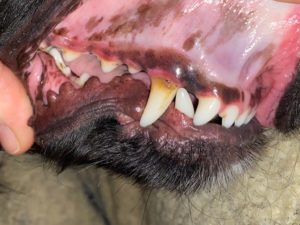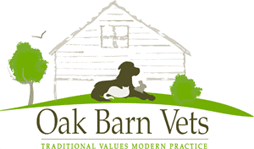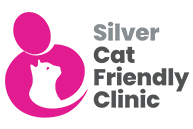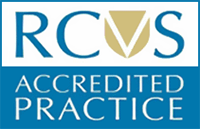Your pets dental hygiene is just as important as your own. Without healthy teeth and gums, you pet can't or won't be able to chew their food and unlike humans, they can't tell us that there is a problem. There are so many ways to promote health dental hygiene and if you work on their oral care regularly, they'll be less likely to have issues.
We aren't just talking about clean teeth here. Your pets oral care should include their teeth, gums and breath.
Here at the Barn we offer FREE dental checks not only in February but all year round. They are run by our nursing team and can be your first step in the right direction for your pets dental health.
So what do we look for in your pets dental check -
We take a good look at your pet's teeth, gums and inside of the mouth. There are several signs that may indicate Periodontal disease.
- Plaque build up, gingivitis, and tartar can lead to bad breath (Halitosis) but can also lead to serious issues like heart, liver and Kidney disease.
- Sore gums. Red, puffy gums and teeth that are beginning to turn brown
- Your Pet pawing at their mouth or face.
After our visual exam, we will ask a little bit about your pets diet, treats and if you are doing anything like brushing their teeth.
Brushing your pets teeth is by far the best way to prevent bad breath and all the associated problems that can come with it!
Our aim in these dental checks, is to identify if there is a problem, and depending on at what level your pets oral care is, put together an oral hygiene plan. This might include brushing at home, a diet designed to help keep teeth cleaner, or recommendation to see one of the Vets and have your pet booked in for a Scale and Polish (This requires a general anaesthetic).
Obviously starting early is the best, but please don't be put off if you have an older dog as we can start at any age.
How to introduce your dog to having their teeth brushed:
Since it is not a normal part of their routine.....yet, It is sensible to introduce dental care as early as possible. Older dogs can learn to become comfortable with brushing and before you know it, it is part of their normal routine.
We recommend starting with a finger tooth brush or your finger. Human toothpastes contain fluoride, this is poisonous to dogs, so please only ever use a toothpaste designed for pets. They come in an array of flavours, so it is easy to find one your pet will like.
Step 1:
Get your pet accustomed to the taste of the toothpaste before using any sort of brush. Once they are comfortable with the taste move onto step 2.
Step 2:
Gently hold your dogs head stead and brush the outer surface of the teeth in a circular motion. Starting with the teeth at the front and side. As your dog becomes comfortable move to the teeth further back.
You can do this in small sessions to start - 2-4 teeth at a time and progress to brushing more as you both become more confident. Importantly - IF YOUR PET RESISTS STOP! Talking to your pet and providing them with a treat as a reward will work to your advantage.
This can all be demonstrated by one of the nurses here at the Barn.
Please call to book if you would like your pet to receive a dental check on 01483 455355 or email
 Case Study - 3 Year old Spaniel
Case Study - 3 Year old Spaniel
- Red and Swollen gums
- Plaque and Tartar build up on teeth
- Fed a dry diet
- Receives occasional brushing
We are going to revisit this dog in 4-6 weeks to review how our oral hygiene plan has worked. Keep your eyes on social media for the update!




